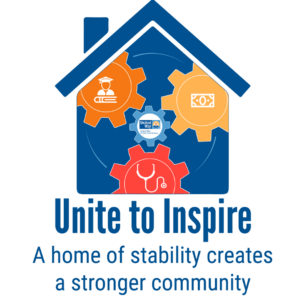Your support of UWECI allows us a seat at the table to connect with other community leaders and nonprofit partners to create change for everyone’s long-term success.
When you give to United Way you are investing in our focus areas of building economic mobility, fostering childhood success, improving access to healthcare and supporting safety net services, all to create a better community.


Get Involved
There are many ways to invest your dollars with us, whether it be running or participating in a workplace campaign or contributing as an individual donor and getting involved in our donor and affinity groups.

Our Impact
Through our Unite to Inspire strategies, we address the communities’ greatest needs. We are also leaders in the community when it comes to making an impact in the areas such as help with tax preparation, 55+ volunteer efforts, transportation, and other community collaborations.

How We Invest
The issues facing our community require collaboration-based solutions. United Way strives to improve the well-being of our community by funding programs that can effectively change these conditions.

Unite to Inspire
Our community driven Unite to Inspire strategies are set around the key areas of building economic mobility, fostering childhood success, improving access to healthcare and supporting safety net services.

Community Impact Assessment
In order to align with our communities’ greatest needs, UWECI conducted a Community Impact Assessment (CIA), which included an analysis of census-level data, a community-wide survey and focus groups.
